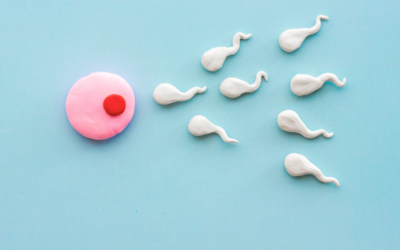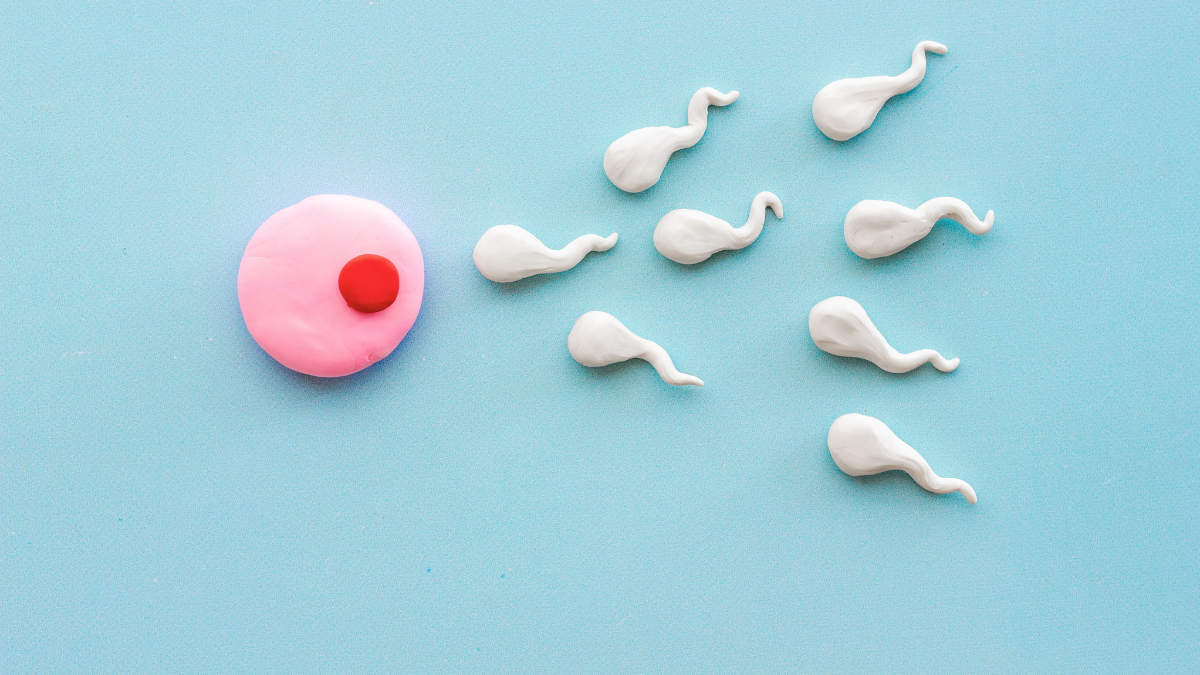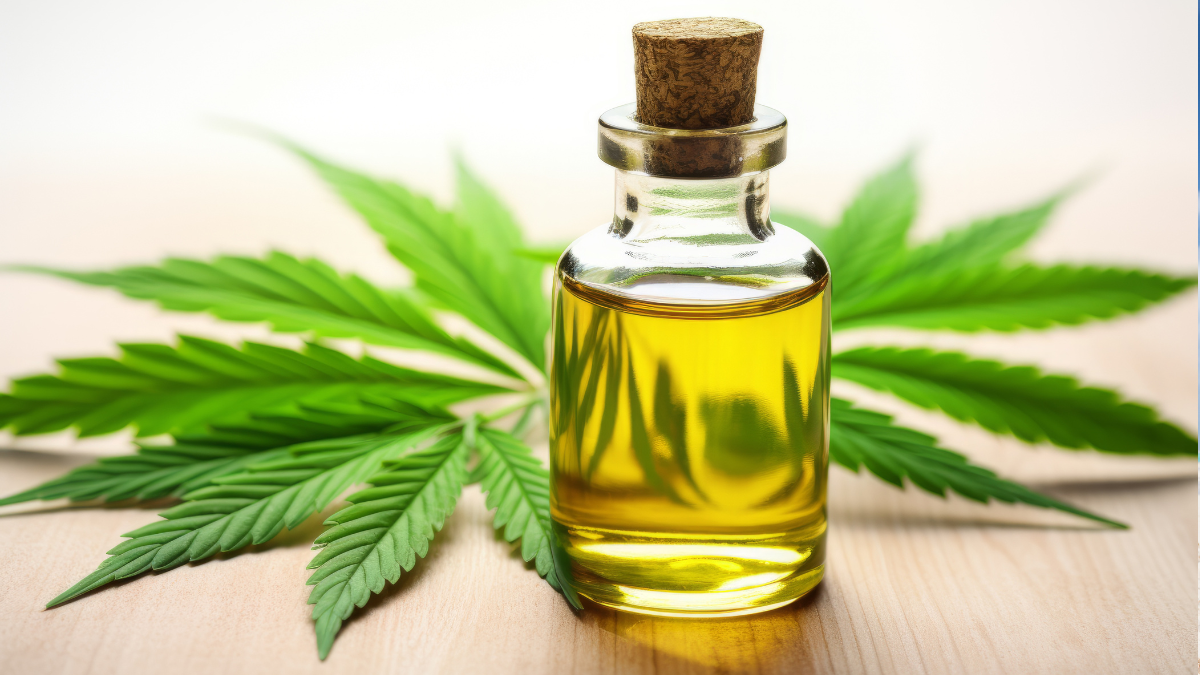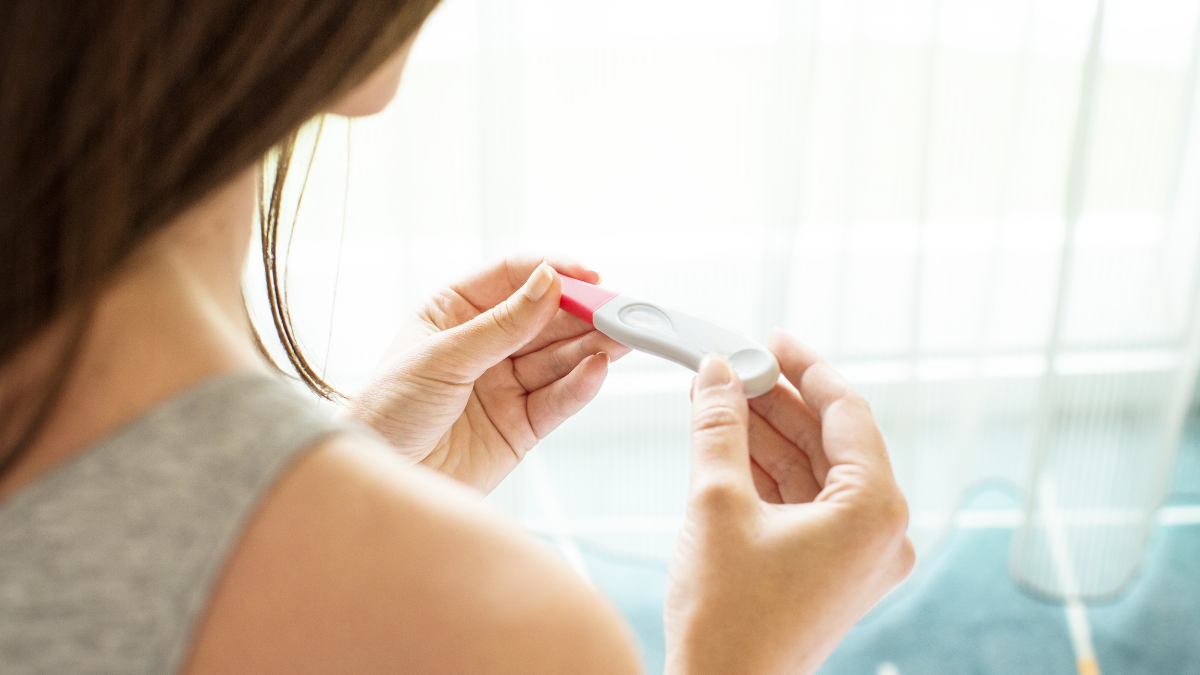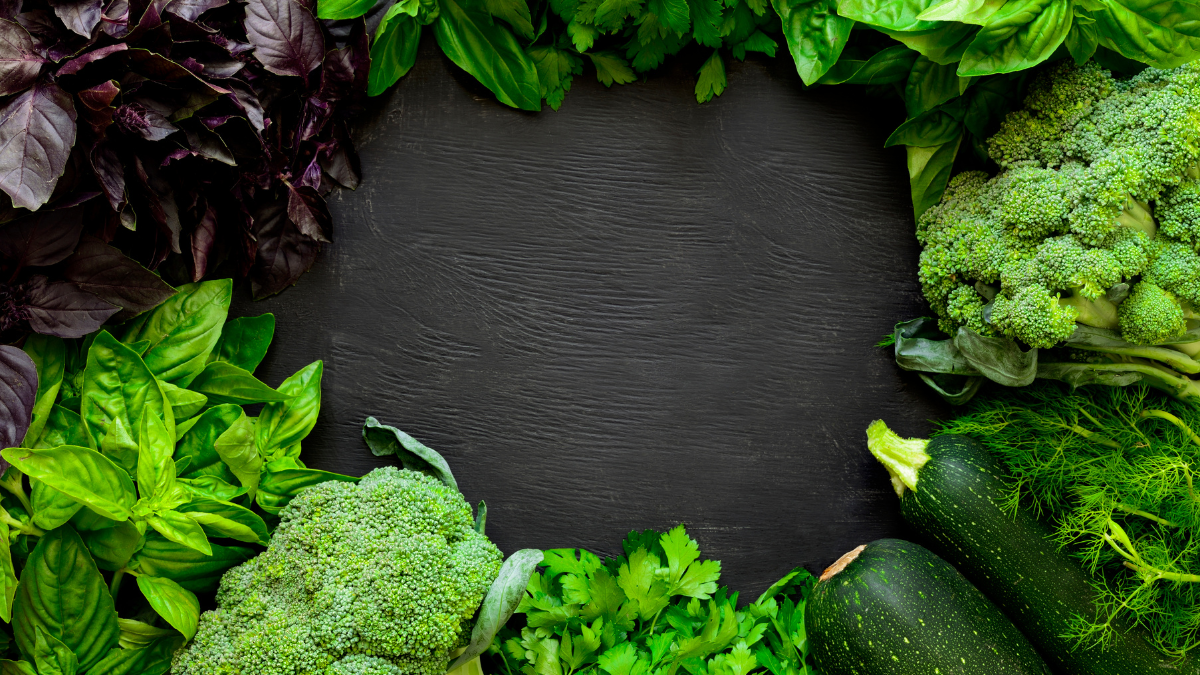Trying to conceive can be an exciting, emotional, and sometimes frustrating journey. Whether you’re just beginning to plan for a baby or have been trying for a while, learning how to get pregnant quickly and naturally can make all the difference. While every woman’s body is different, there are several proven steps you can take to boost your chances of conceiving naturally, without unnecessary stress or pressure. This post is here to guide you with practical, science-backed, and holistic strategies that truly work.
In this comprehensive guide, we’ll explore the most effective ways to support your body, lifestyle, and mindset for fertility. We’ll dive into ovulation tracking, nutrition, stress management, and even tips for your partner. If you’re searching for natural, empowering ways to conceive and want to avoid medical intervention unless necessary, this blog post on how to get pregnant quickly and naturally is written just for you. Let’s begin the journey together—step by step.
Table of Contents
Understanding Fertility: How Your Body Prepares for Pregnancy
Fertility isn’t just about having sex—it’s a beautifully complex system involving your hormones, cycle, lifestyle, and overall health. Understanding how your body prepares for pregnancy is a vital part of learning how to get pregnant quickly and naturally. Each month, your body goes through a menstrual cycle that prepares the uterus for implantation and releases an egg during ovulation. If that egg meets a healthy sperm, you could conceive.
The window of fertility is narrow—about five days before ovulation and one day after. This is often called the “fertile window.” Hormones like estrogen, LH (luteinizing hormone), and progesterone play a key role in regulating ovulation, and lifestyle factors like diet, stress, and sleep directly influence hormone balance. When your body is in sync, it increases your chances of successful conception. Tracking these biological signs helps you know when to try and how to get pregnant quickly and naturally by working with your body, not against it.
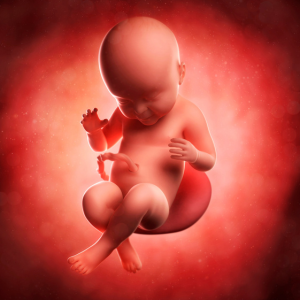
Top Lifestyle Tips on How to Get Pregnant Quickly and Naturally
Small changes in daily routines can significantly impact your fertility. Here are the top lifestyle tips that support natural conception:
- Maintain a healthy weight: Being underweight or overweight can disrupt ovulation.
- Quit smoking and limit alcohol: These affect hormone balance and egg/sperm quality.
- Exercise moderately: Gentle workouts like walking, yoga, or swimming improve blood flow and reduce stress.
- Reduce toxin exposure: Choose natural cleaning and personal care products to limit endocrine disruptors.
- Create a regular sleep routine: Sleep is critical for hormone production and overall health.
- Strengthen your relationship: Intimacy and emotional connection can reduce stress and promote healthy sex habits.
These lifestyle adjustments might seem simple, but they’re incredibly effective when practiced consistently. If you’re wondering how to get pregnant quickly and naturally, it starts with creating a supportive, health-conscious environment for conception to take place.
Tracking Ovulation: Why Timing Matters
Timing is everything when it comes to conception. If you want to understand how to get pregnant quickly and naturally, tracking ovulation is your best starting point. Ovulation typically occurs 14 days before your next period, but this varies between individuals and cycles. Tracking helps pinpoint your fertile window so you can plan intercourse at the most optimal time.
Ways to track ovulation:
- Basal Body Temperature (BBT): Measure your temperature each morning before getting out of bed. A slight rise indicates ovulation.
- Ovulation Predictor Kits (OPKs): These detect the LH surge that happens right before ovulation.
- Cervical Mucus Monitoring: Fertile mucus looks clear, stretchy, and egg-white-like.
- Fertility Apps: Apps like Flo, Clue, or Natural Cycles use your cycle data to predict fertile days.
Couples who accurately time intercourse during the fertile window are more likely to conceive quickly. Making ovulation tracking part of your daily routine is one of the smartest steps in how to get pregnant quickly and naturally.
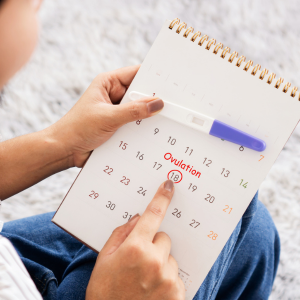
Best Diet and Nutrition for Natural Conception
Food plays a powerful role in fertility. What you eat can affect hormone balance, egg quality, and overall reproductive health. When learning how to get pregnant quickly and naturally, adopting a fertility-friendly diet is essential.
Fertility-boosting foods to include:
- Leafy greens and colorful veggies: High in folate and antioxidants.
- Whole grains: Quinoa, oats, and brown rice support steady energy and hormone balance.
- Healthy fats: Avocados, nuts, and olive oil promote hormone production.
- Lean protein: Eggs, lentils, fish, and poultry help with cell development.
- Dairy: Choose full-fat dairy for better ovulatory health.
- Water: Hydration keeps cervical mucus and reproductive organs healthy.
Avoid processed foods, excess sugar, and trans fats. A healthy diet can regulate your cycle, support ovulation, and prepare your body for pregnancy. If you’re wondering how to get pregnant quickly and naturally, start by nourishing your body the right way.
Natural Remedies and Supplements That Support Fertility
In addition to diet, certain natural remedies and supplements can support your fertility journey. While these aren’t magic pills, they can enhance reproductive health when combined with other healthy habits.
Effective natural fertility boosters:
- Prenatal Vitamins: Start before conception—especially those with folic acid, iron, and B12.
- Coenzyme Q10 (CoQ10): May improve egg quality.
- Maca Root: Balances hormones and boosts libido.
- Chasteberry (Vitex): Regulates menstrual cycles.
- Omega-3 Fatty Acids: Support hormone production and reduce inflammation.
- Vitamin D: Essential for hormone regulation and egg health.
Always consult a healthcare provider before beginning any new supplement. These remedies can be part of a larger plan on how to get pregnant quickly and naturally without the side effects of harsher treatments.
The Role of Stress and Sleep in Getting Pregnant Naturally
Stress is often overlooked but has a real impact on fertility. Chronic stress can interfere with the hormones responsible for ovulation. It can also disrupt your sleep, lower your libido, and affect your partner’s sperm health. If you’re asking how to get pregnant quickly and naturally, you must address stress.
Tips to manage stress and improve sleep:
- Practice daily relaxation: Deep breathing, meditation, or journaling can calm your nervous system.
- Create a sleep sanctuary: Keep your bedroom cool, dark, and tech-free.
- Set a bedtime routine: Wind down with herbal tea or a warm bath.
- Limit screen time before bed: Blue light affects melatonin production.
- Get help if needed: Counseling or support groups can help if you feel overwhelmed.
Prioritizing rest and reducing stress will help your hormones stay balanced and your body stay in an optimal state for conception.
Healthy Habits for Both Partners
Conception is a shared goal, and both partners play a crucial role in enhancing fertility. When couples work together, the chances of getting pregnant quickly and naturally increase significantly. Here’s how both women and men can prepare their bodies and minds for a healthy conception journey.
For Women
Women’s reproductive health is the central focus when trying to conceive, and small lifestyle changes can have a major impact. Here’s how to improve your fertility naturally:
- Balance hormones with diet: Eat a diet rich in whole foods, leafy greens, healthy fats, and lean proteins.
- Maintain a healthy weight: Being underweight or overweight can interfere with ovulation.
- Track your cycle: Use ovulation predictor kits, fertility apps, and monitor cervical mucus to identify your fertile window.
- Limit caffeine and alcohol: Excessive consumption may reduce fertility and increase time to conception.
- Exercise gently: Moderate workouts like walking, yoga, and swimming can boost blood flow and reduce cortisol.
- Take prenatal vitamins: Folic acid, iron, and B-complex vitamins support egg quality and prevent neural tube defects.
- Avoid smoking and exposure to toxins: Cigarette smoke and endocrine disruptors found in plastics and certain cosmetics may harm egg health.
- Manage stress: Chronic stress can impact ovulation, so focus on relaxation, mindfulness, and mental wellness.
These steps, practiced consistently, help prepare your body and hormones for conception and support a healthy pregnancy.
For Men
Men’s fertility is just as important. Sperm quality—including count, motility, and morphology—affects how easily and healthily fertilization occurs. Here are natural ways for men to enhance fertility:
- Eat a sperm-friendly diet: Include foods rich in zinc, selenium, vitamin C, and omega-3 fatty acids.
- Maintain a healthy weight: Obesity can reduce testosterone levels and impair sperm function.
- Stay cool: Avoid hot tubs, tight underwear, and placing laptops directly on your lap to protect sperm production.
- Avoid smoking and limit alcohol: These can reduce sperm quality and DNA integrity.
- Exercise regularly: Strength training and cardio improve testosterone and overall vitality.
- Minimize stress: Chronic stress can lower libido and hormone levels.
- Take fertility-supporting supplements: CoQ10, vitamin E, L-carnitine, and zinc have been linked to better sperm quality.
- Limit exposure to toxins: Industrial chemicals, pesticides, and radiation can damage sperm.
When both partners commit to optimizing their health, the path to how to get pregnant quickly and naturally becomes smoother and more balanced. It’s not just about biology—it’s about partnership, teamwork, and mutual care.

When to See a Doctor and What to Ask
If you’ve been trying for 6–12 months without success, it might be time to seek medical guidance. Seeing a fertility specialist doesn’t mean you’ve failed—it simply gives you more insight into what might be going on. And it can help you continue your journey toward how to get pregnant quickly and naturally with more confidence.
What to discuss with your doctor:
- Your menstrual cycle history and ovulation tracking methods
- Any past health issues, surgeries, or STIs
- Your partner’s health and semen analysis
- Blood tests to check hormone levels and ovarian reserve
- Lifestyle habits and areas for improvement
Don’t hesitate to ask questions. A good doctor will work with you to create a personalized plan—ideally starting with the most natural and least invasive approaches first.
Common Myths About Getting Pregnant Quickly and Naturally
There’s a lot of misinformation out there, and falling for common myths can slow your progress. Let’s clear some things up:
- “You can get pregnant any time of the month.” False. You’re fertile only a few days around ovulation.
- “Missionary is the only position that works.” There’s no proof one position is superior.
- “You need to lie with your legs up after sex.” Gravity doesn’t play a significant role.
- “Birth control ruins fertility permanently.” Most women regain normal cycles within a few months.
- “Fertility declines only after age 40.” Egg quality begins to decrease after age 35.
Understanding what’s fact and fiction will help you stay focused and confident in your journey on how to get pregnant quickly and naturally.
Encouraging Stories and Mindset Support
One of the most powerful tools in your journey is your mindset. Staying hopeful, patient, and emotionally supported makes a big difference. Countless couples who once struggled with infertility conceived naturally after making lifestyle changes and adopting a positive, intentional mindset.
Read stories, join online communities, and speak openly with friends or loved ones who understand your journey. Celebrate small milestones, and be kind to yourself. Learning how to get pregnant quickly and naturally also means nurturing your mental and emotional health every step of the way.
10 Proven Tips for Faster Conception
- Track Ovulation Accurately
Use ovulation predictor kits, fertility apps, or basal body temperature to identify your most fertile days and increase your chances of getting pregnant quickly and naturally. - Follow a Fertility-Friendly Diet
Eat whole foods rich in folate, antioxidants, healthy fats, and lean proteins to support hormone balance and egg health. - Exercise in Moderation
Engage in gentle workouts like walking, swimming, or yoga to reduce stress and improve circulation without overexerting your body. - Start Prenatal Vitamins Early
Taking supplements with folic acid, iron, and vitamin D before conception can improve fertility and support early fetal development. - Limit Caffeine and Avoid Alcohol or Smoking
Excessive caffeine, alcohol, and tobacco use can interfere with reproductive hormones and reduce your chances of conceiving naturally. - Prioritize Sleep
Aim for 7–9 hours of restful sleep each night to regulate reproductive hormones and improve overall well-being. - Manage Stress Levels
Practice mindfulness, deep breathing, or relaxation techniques to reduce cortisol levels, which can disrupt ovulation. - Avoid Harmful Chemicals and Toxins
Limit exposure to BPA, pesticides, and harsh chemicals by choosing natural products for cleaning and skincare. - Maintain a Healthy Weight
Being either underweight or overweight can negatively affect ovulation and fertility, so aim for a balanced, healthy body weight. - Support Male Fertility Too
Encourage your partner to eat well, exercise, avoid heat exposure (like hot tubs), and take sperm-boosting supplements to improve conception odds.
Conclusion
Trying to conceive is a deeply personal and transformative journey. When you focus on natural strategies—like timing your ovulation, eating well, reducing stress, and supporting each other as partners—you’re giving your body the best chance to do what it’s designed to do. While results vary, these approaches not only improve fertility but also promote overall wellness, making you healthier and stronger for the exciting path ahead.
Now that you’ve learned how to get pregnant quickly and naturally, take the next step with confidence. Implement what resonates with you, stay consistent, and trust your body’s wisdom. If this guide helped you, share it with someone you care about, leave a comment with your thoughts or questions, or subscribe for more wellness content. Your journey to parenthood starts with small, natural steps—and you’re already on your way.
Frequently Asked Questions (How to get pregnant quickly and naturally)
1. How long does it usually take to get pregnant naturally?
For most healthy couples, it can take 3 to 6 months to conceive, though up to 12 months is still considered normal. If you’re looking to improve your chances, following proven strategies on how to get pregnant quickly and naturally can make a significant difference.
2. What is the best time to try to conceive during the month?
The best time to try is during your fertile window—the five days before ovulation and the day of ovulation. Understanding your cycle and timing sex correctly is one of the most effective ways to get pregnant quickly and naturally.
3. Can stress affect my ability to get pregnant?
Yes, high stress levels can disrupt the hormones that control ovulation. If you’re aiming to understand how to get pregnant quickly and naturally, stress management is a key part of the process.
4. What foods improve fertility naturally?
Foods rich in folate, antioxidants, omega-3s, and healthy fats—like leafy greens, avocados, and nuts—support reproductive health. A nutritious diet is essential when learning how to get pregnant quickly and naturally.
5. Should both partners make lifestyle changes to improve fertility?
Definitely. Both partners should eat well, exercise, and avoid harmful habits like smoking. Fertility is a team effort, and shared health goals are vital when working on how to get pregnant quickly and naturally.
6. Do I need to lie down after sex to help conception?
There’s no strong evidence that lying down after sex helps, but relaxing after intercourse may support sperm movement. What truly helps in how to get pregnant quickly and naturally is timing sex during ovulation.
7. How do I know if I’m ovulating regularly?
Tracking ovulation through basal body temperature, cervical mucus, or ovulation kits helps you recognize your fertile days. Regular ovulation is central to understanding how to get pregnant quickly and naturally.
8. What supplements help with natural conception?
Prenatal vitamins with folic acid, vitamin D, CoQ10, and omega-3s can enhance fertility. Many women include these as part of their strategy on how to get pregnant quickly and naturally.
9. Is age a major factor in getting pregnant naturally?
Yes, fertility declines gradually after age 35. Still, many women conceive naturally in their late 30s by adopting healthy habits and focusing on how to get pregnant quickly and naturally through lifestyle improvements.
10. When should I see a doctor if I can’t get pregnant?
If you’re under 35 and haven’t conceived after a year—or over 35 and trying for six months—it’s wise to see a doctor. A medical check-up can complement your efforts on how to get pregnant quickly and naturally.

